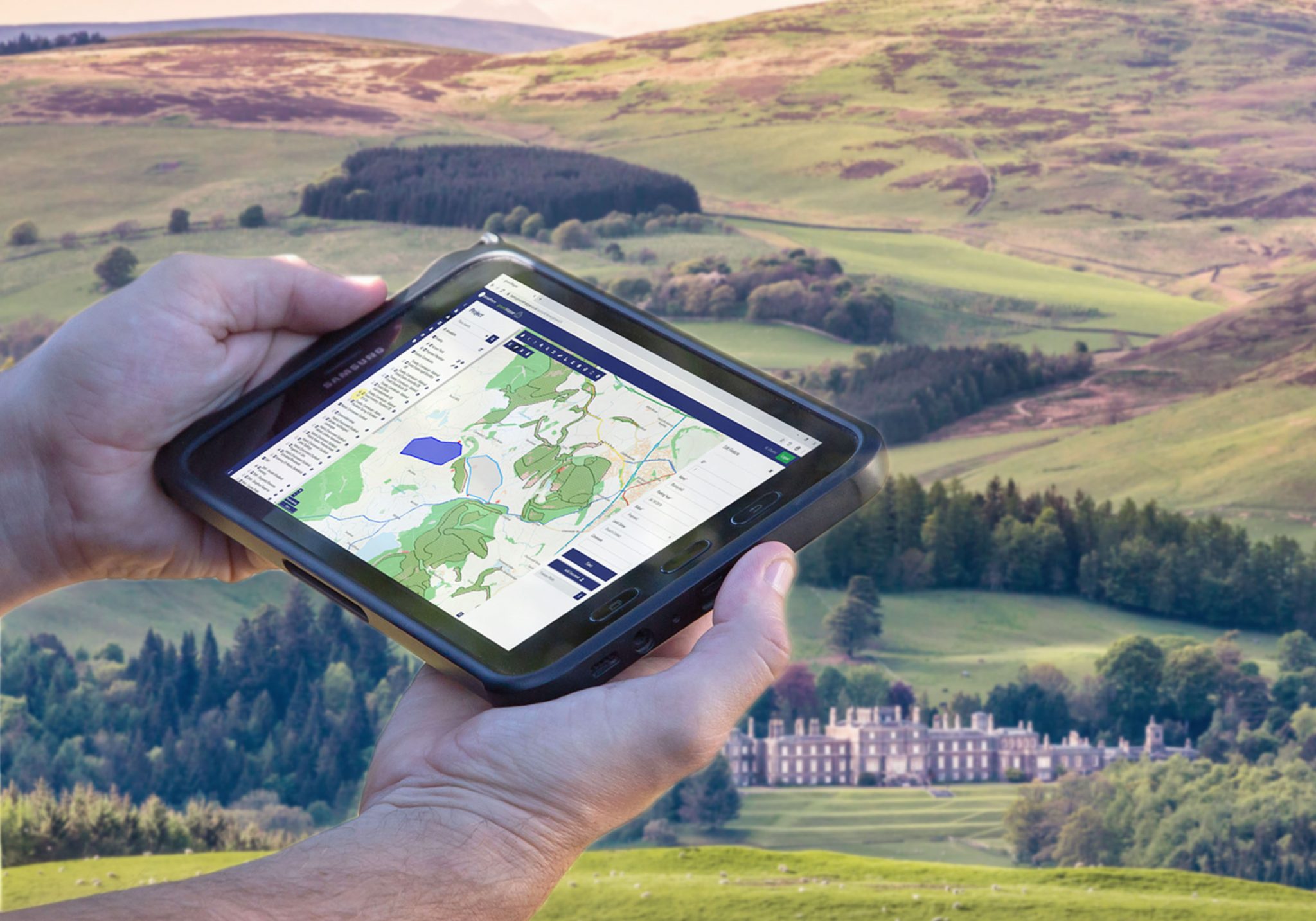
Location data in today’s economy is as important as coal and iron were during the industrial revolution. Using location data – information about the location and movement of people collected from mobile and wearable devices – the essential relationships between geography and consumer experiences, products and services can be identified. This can open up many new business opportunities.
So it’s not surprising that geographical information systems (GIS) – the technology that helps visualise and interrogate location data is experiencing rapid growth. It’s estimated that the UK market for location information products and services is over £2,000 million, while the global market size for GIS is expected to reach $25.6 billion by 2030. Recognising this trend, Idox (the parent company of The Knowledge Exchange) recently acquired two GIS businesses: thinkWhere and exeGesIS Spatial Data Management Ltd.
The power of GIS
As the name suggests, geography is at the heart of GIS. From variations in our landscape to changes in our climate, covering areas of life as varied as crime, health and pollution, GIS can help visualise trends that affect all of us. GIS can also help us to adapt to our ever-changing world. For example, GIS maps that display which areas are prone to flooding can be invaluable when planning new housing developments.
Some of the factors driving the increasing application of GIS include its use in urban planning, disaster management, transport management and the development of smart cities. The coronavirus pandemic has also accelerated the rapid growth of GIS. Governments around the world have adopted the technology to map the spread of the disease and evaluate measures to limit its advance.
GIS in action
Idox’s two new acquisitions have considerable experience of real-world GIS applications.
Working with land and property information firm Millar & Bryce, thinkWhere developed a customised version of its flagship groundMapper platform. The solution enabled Millar & Bryce to bundle all documentation pertinent to a project and publish it to a web viewer, reducing a one week process to 48 hours. Because they can make more informed decisions faster, Millar & Bryce have now made groundMapper the centerpiece of its new Site Assembly Solutions service, giving the company a distinctive selling point in a competitive market for land referencing.
thinkWhere has also applied its expertise to help Bucchleuch Estates easily capture, maintain and communicate their land and property assets and associated information such as documents, photos, drawings and reports. And when constructing a new bypass around the city of Aberdeen, Balfour Beatty was significantly helped by thinkWhere, which provided universal access to mapping and environmental data for all stakeholders — not just on the construction side, but also in legal firms, the government and transport authorities.
Similarly, exeGesIS has developed a strong reputation for its range of GIS focused software products, particularly in the field of environmental data. Among its success stories, exeGesIS has built a web platform for the National Street Gazetteer, which provides essential information for local government, highway authorities and contractors on more than a million streets in England and Wales. The company has also developed a GIS to help local authorities in Scotland monitor litter and fly-tipping incidents, and worked with JNCC – which advises government on nature conservation – to create a new mapping system to display marine spatial data. In addition, exeGesIS has worked with numerous local authorities, universities and charities to help them visualise and interrogate important information in interactive and imaginative ways.
Dynamic data for an ever-changing world
By uncovering patterns and relationships, GIS is providing organisations in almost every field of activity with the support to gain deeper insight into data, solve complex problems and make smarter decisions. Both thinkwhere and exeGesIS will continue helping to explain how our world works, and identifying ways to make it work better.
Image: thinkwhere
Further reading: more on digital technologies from The Knowledge Exchange blog
- Digital carbon footprint: the environmental impact of digital transformation
- Local government and artificial intelligence: the benefits and the challenges
- Cities on the edge: edge computing and the development of smart cities
Follow us on Twitter to see which topics are interesting our research team this week.
Share
Related Posts
Supporting residents on the decarbonisation journey: leveraging data for effective retrofit projects
As the drive towards decarbonisation intensifies, the social housing sector’s ability to collect, store and manage vast amounts of data becomes increasingly critical. With a shared goal of creating warmer, carbon-free homes, housing associations’ strategic use of data is essential ....
A recent item on BBC Radio 4’s Today programme generated an unusually high number of responses from listeners. A man who had lost his job in the financial services sector at the age of 57 described his difficulty in trying ....
With information now so accessible, it’s easy to assume that whenever you have a question you can simply tap it into a search engine. But, while the internet and digital search tools are undoubtedly useful for checking basic facts, when ....

